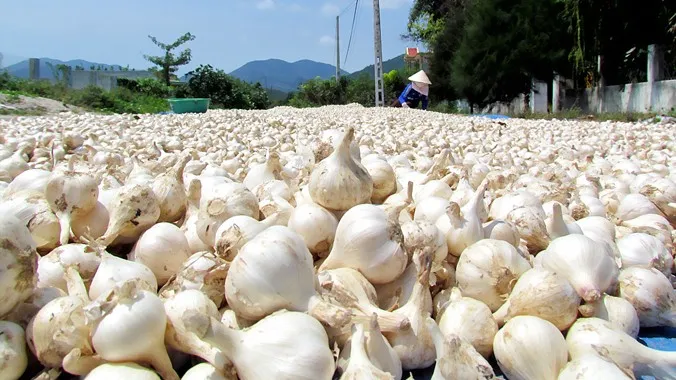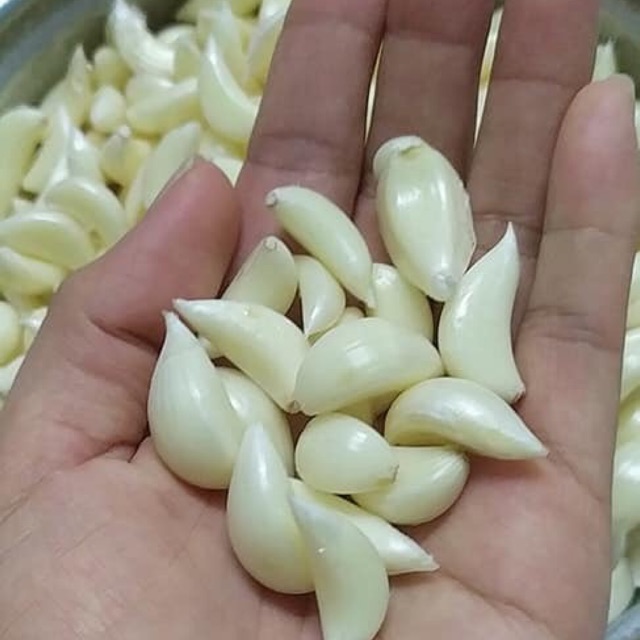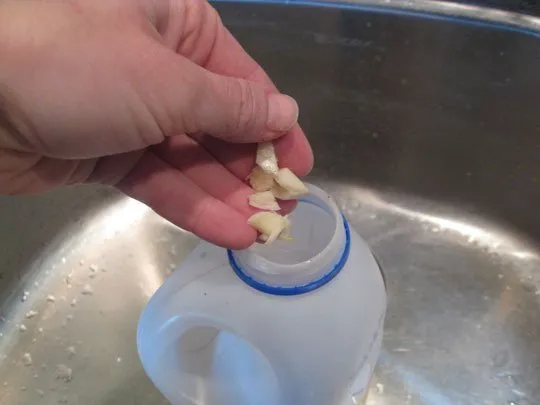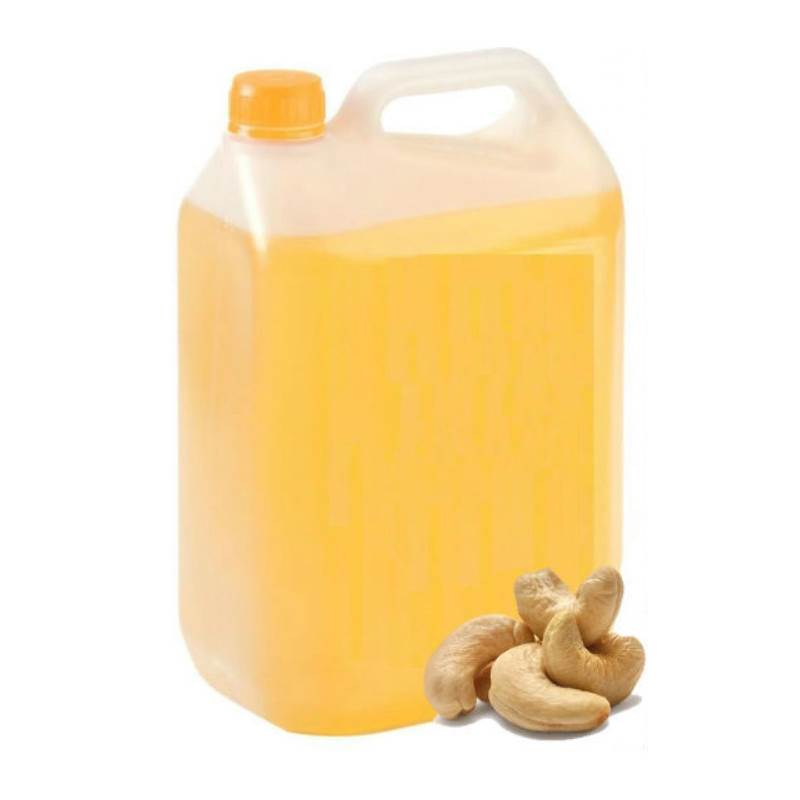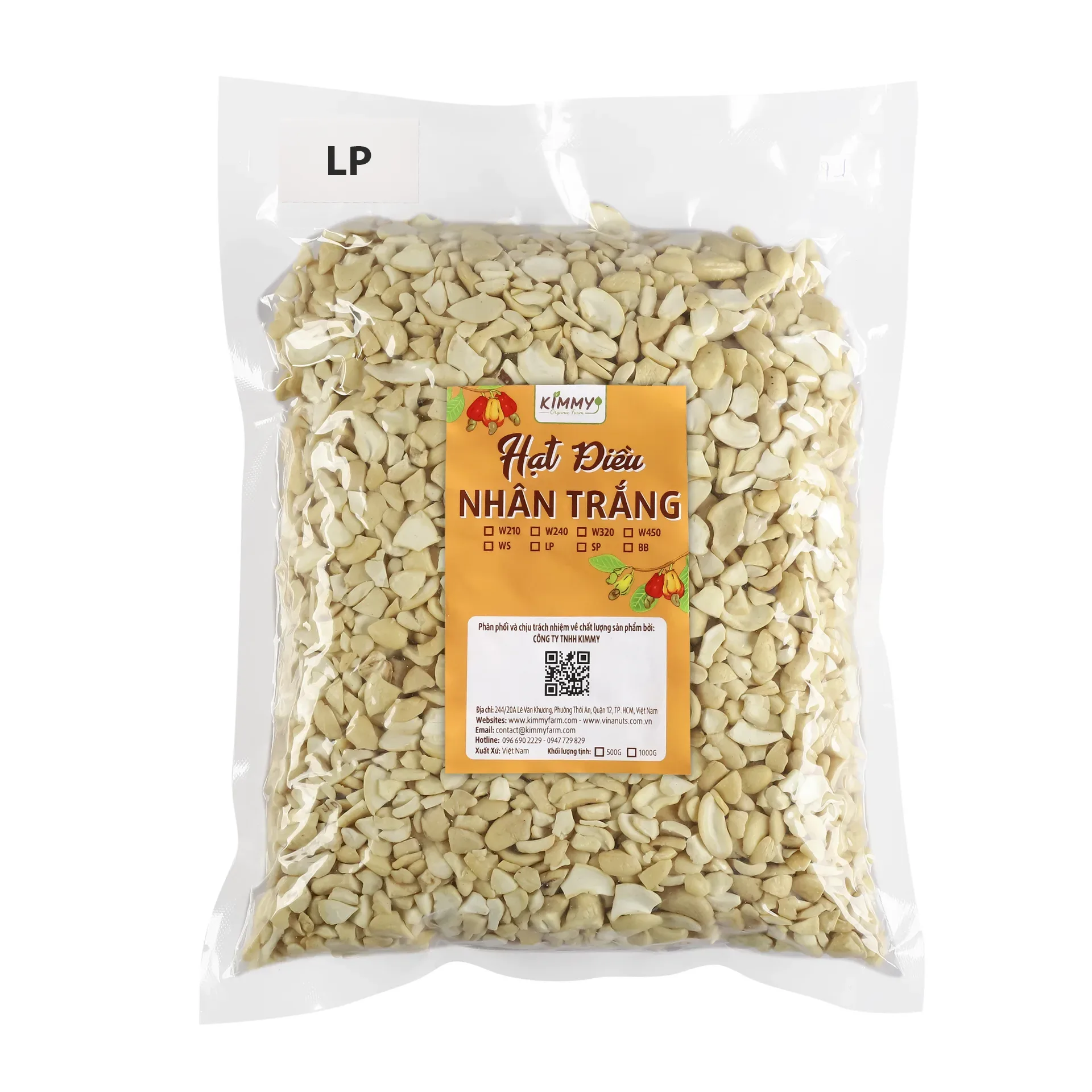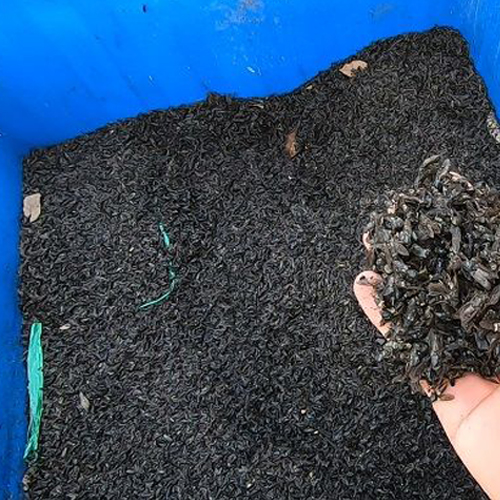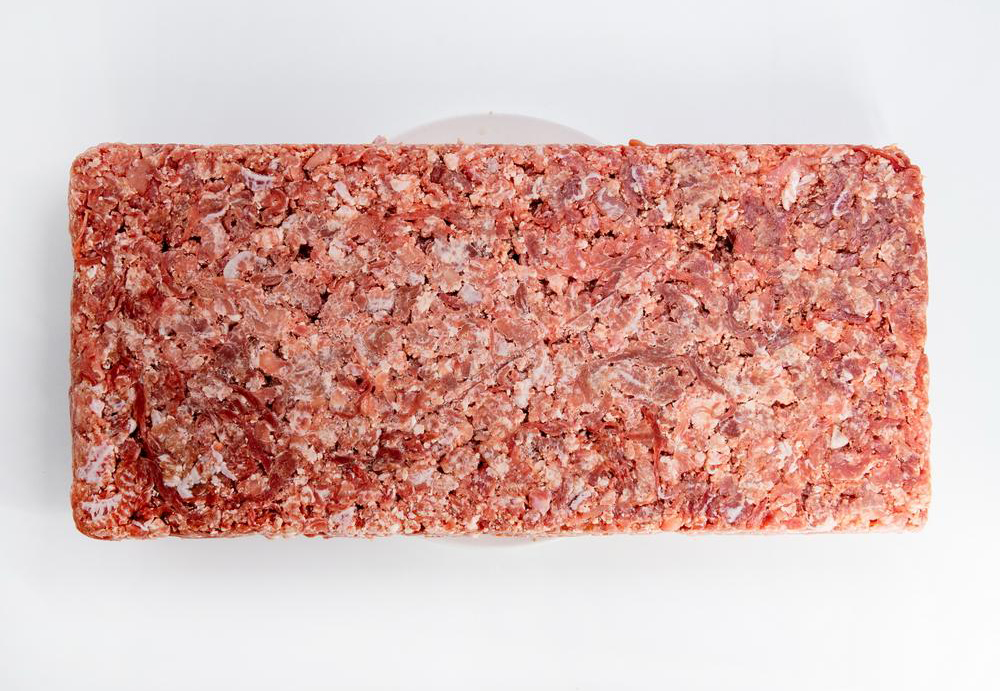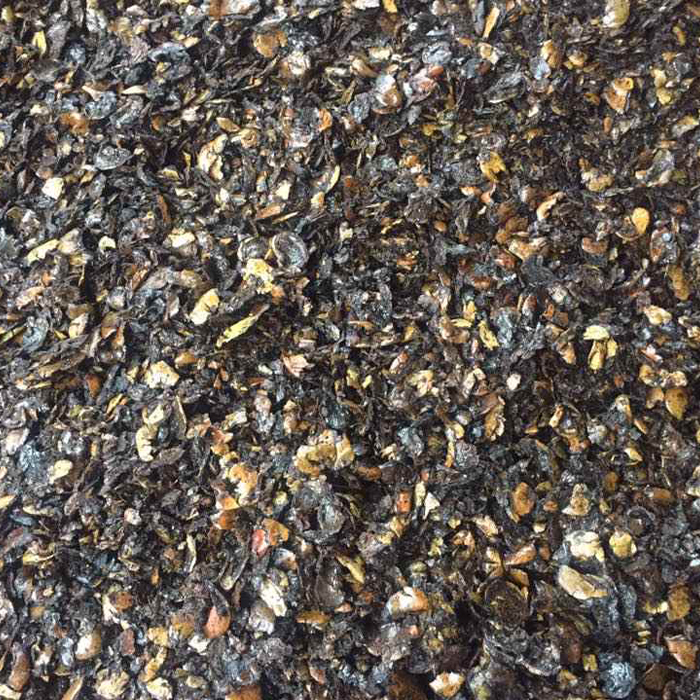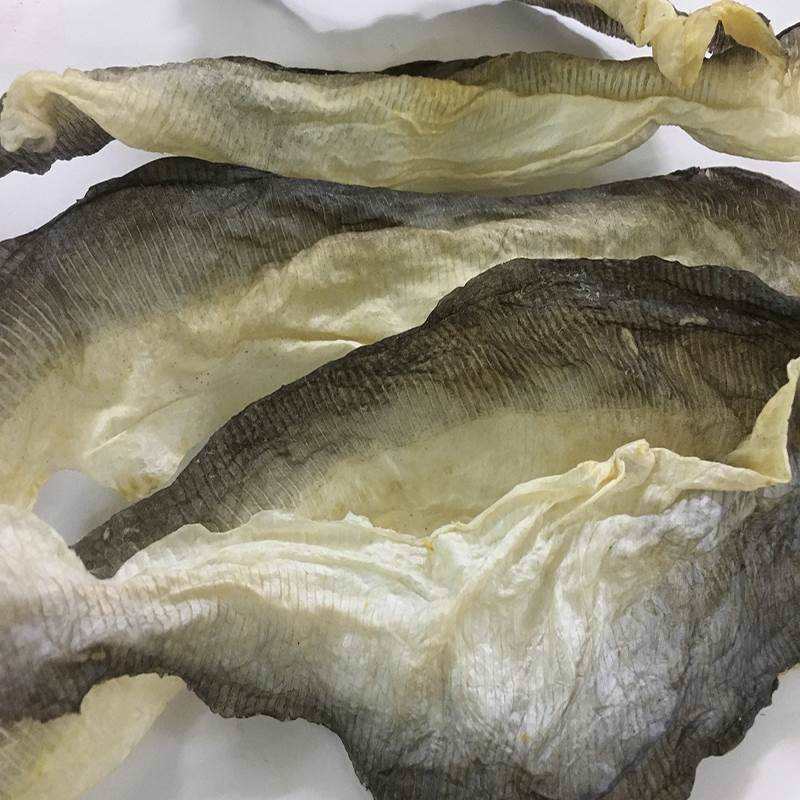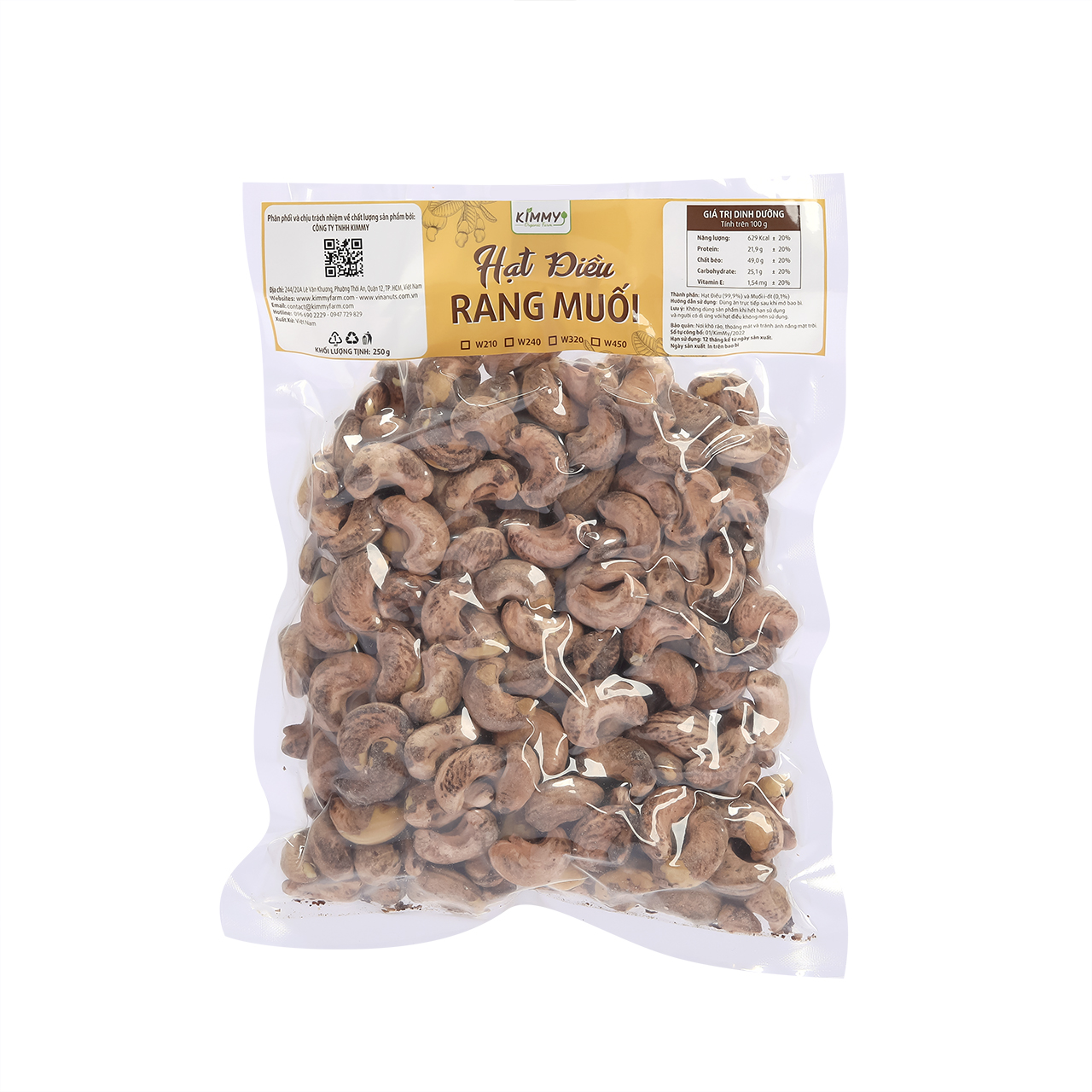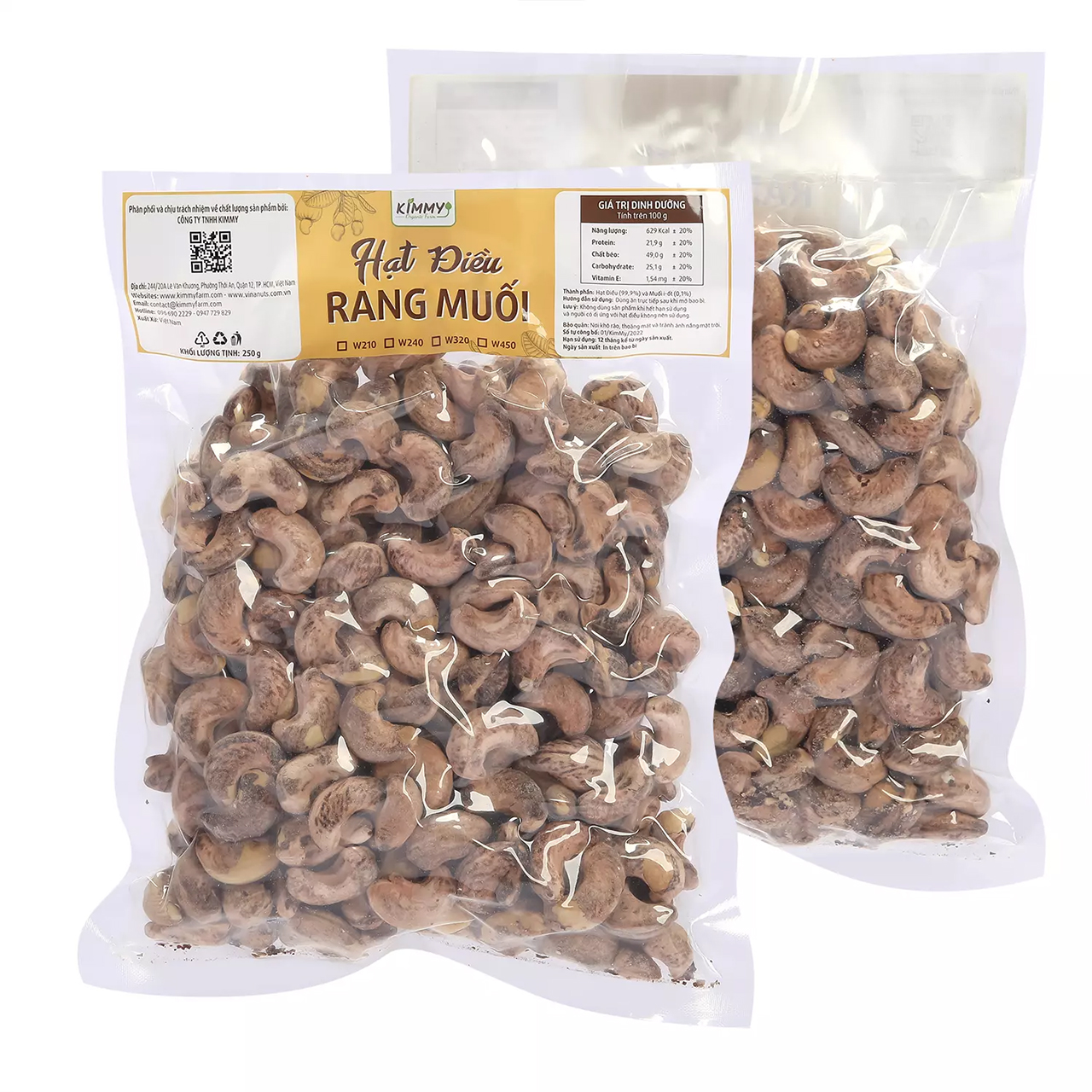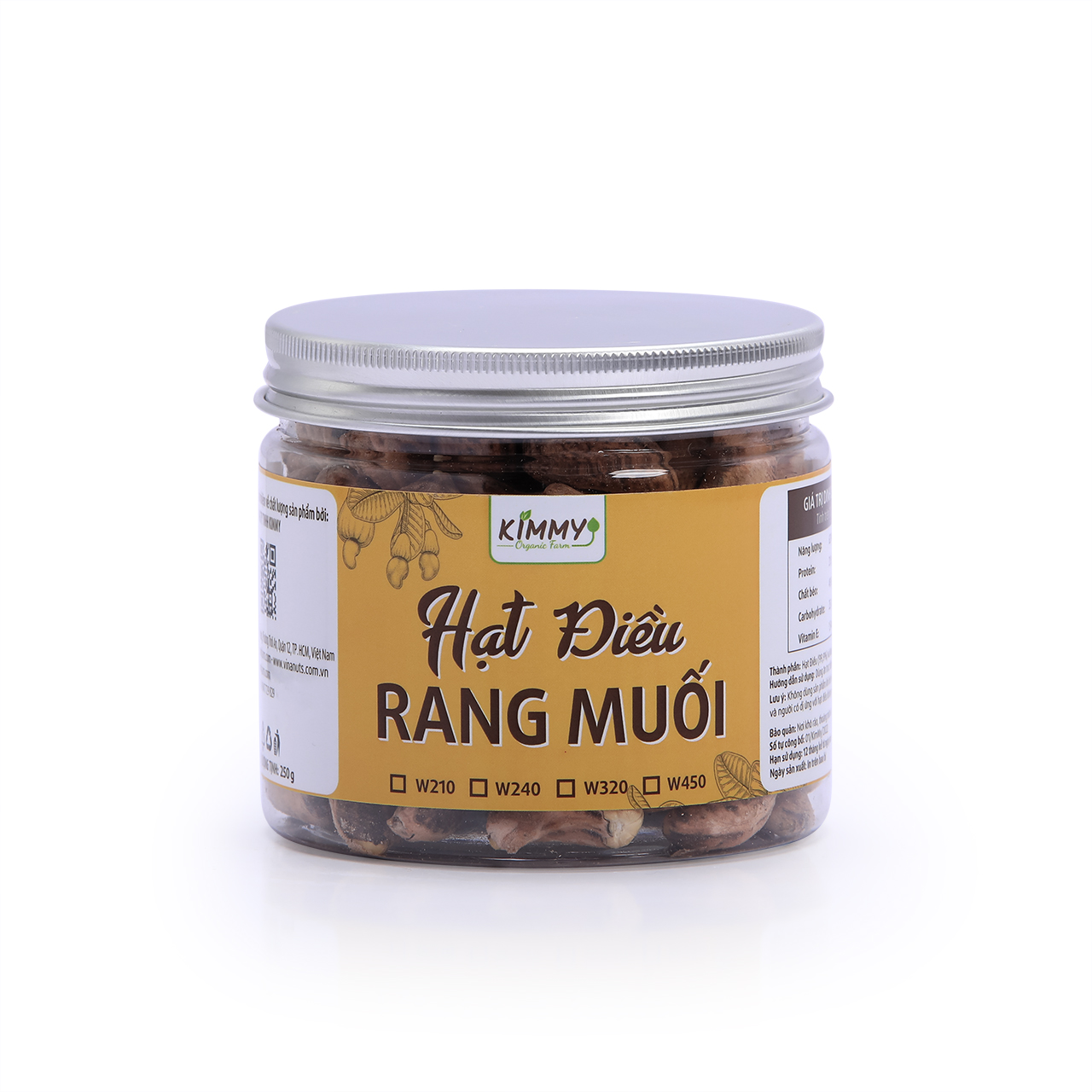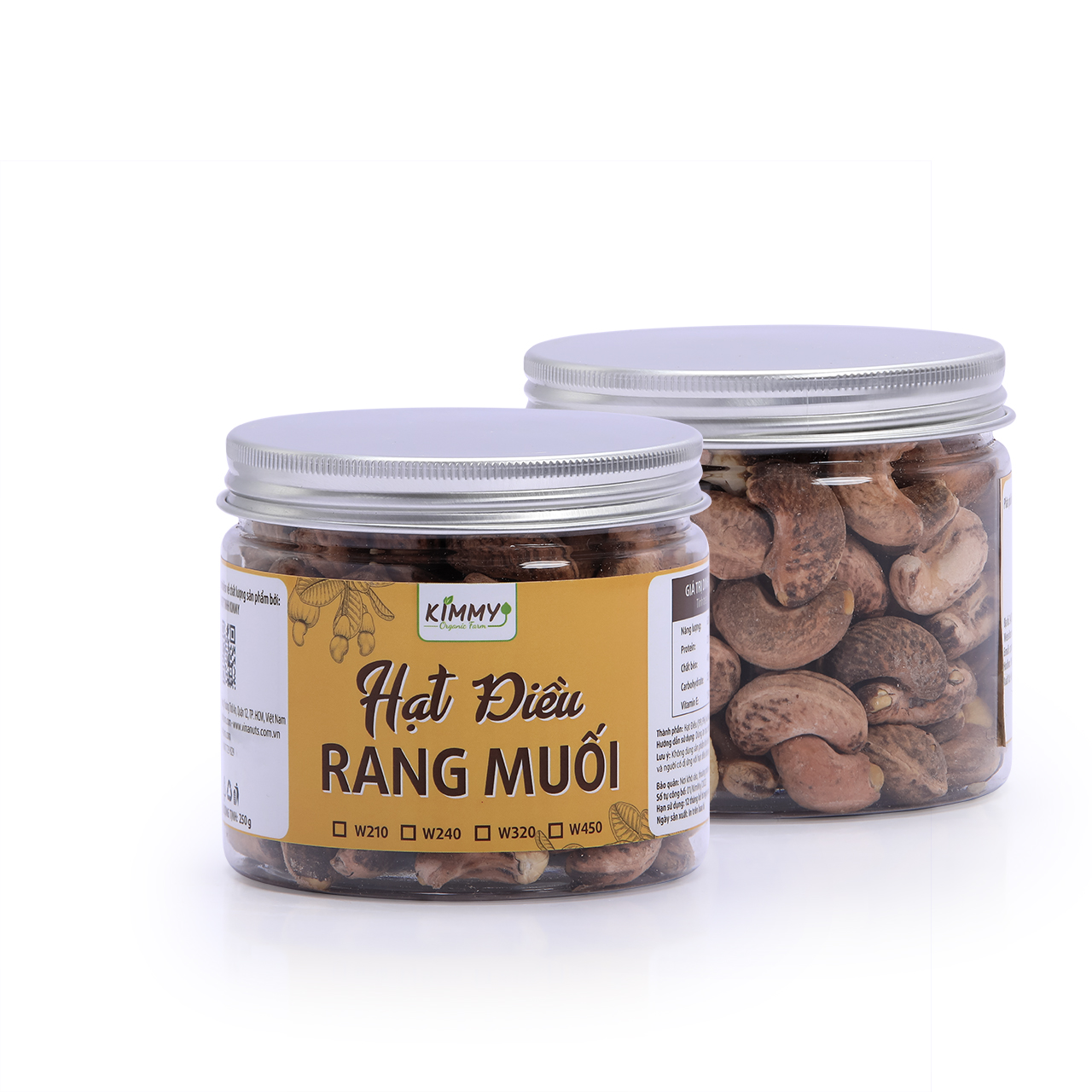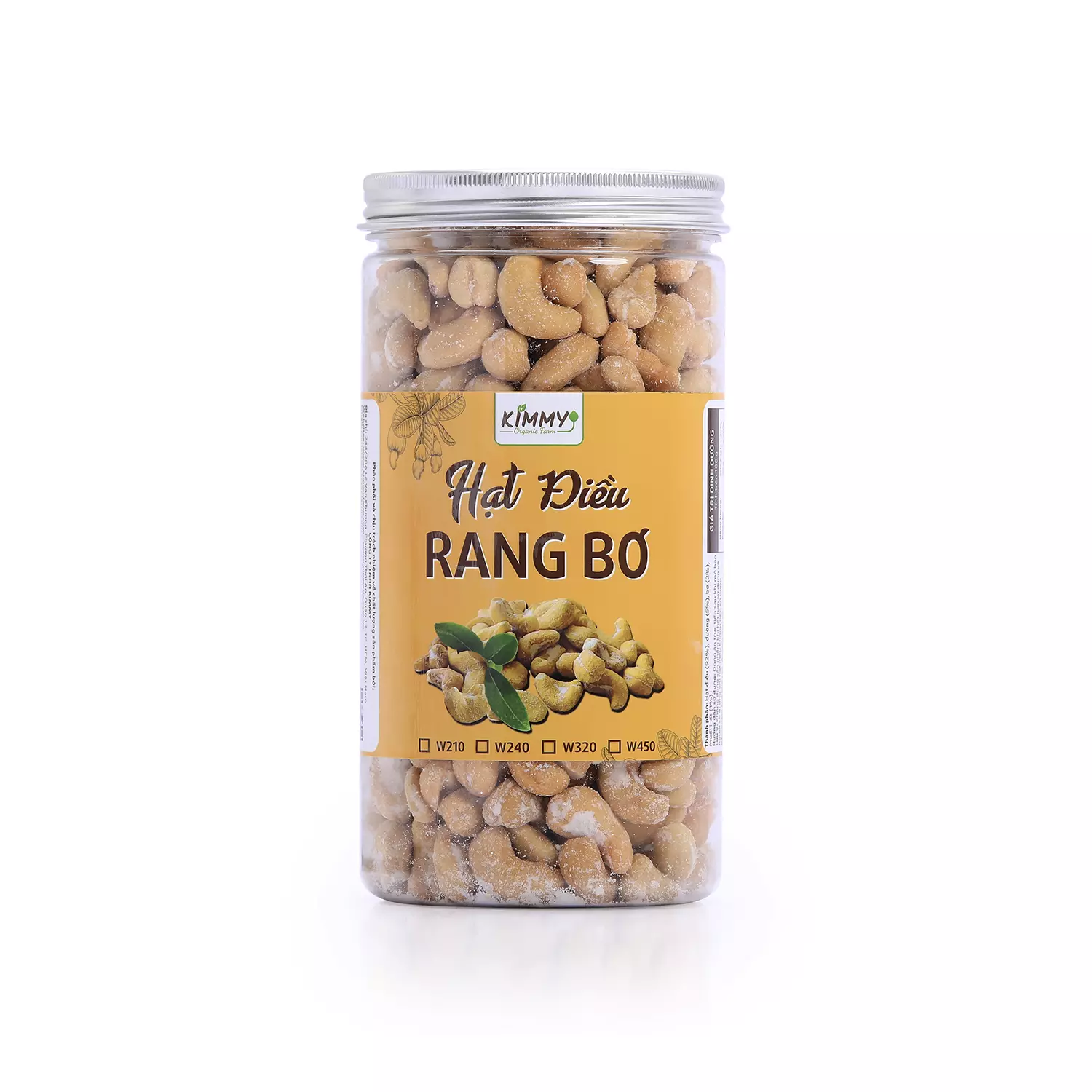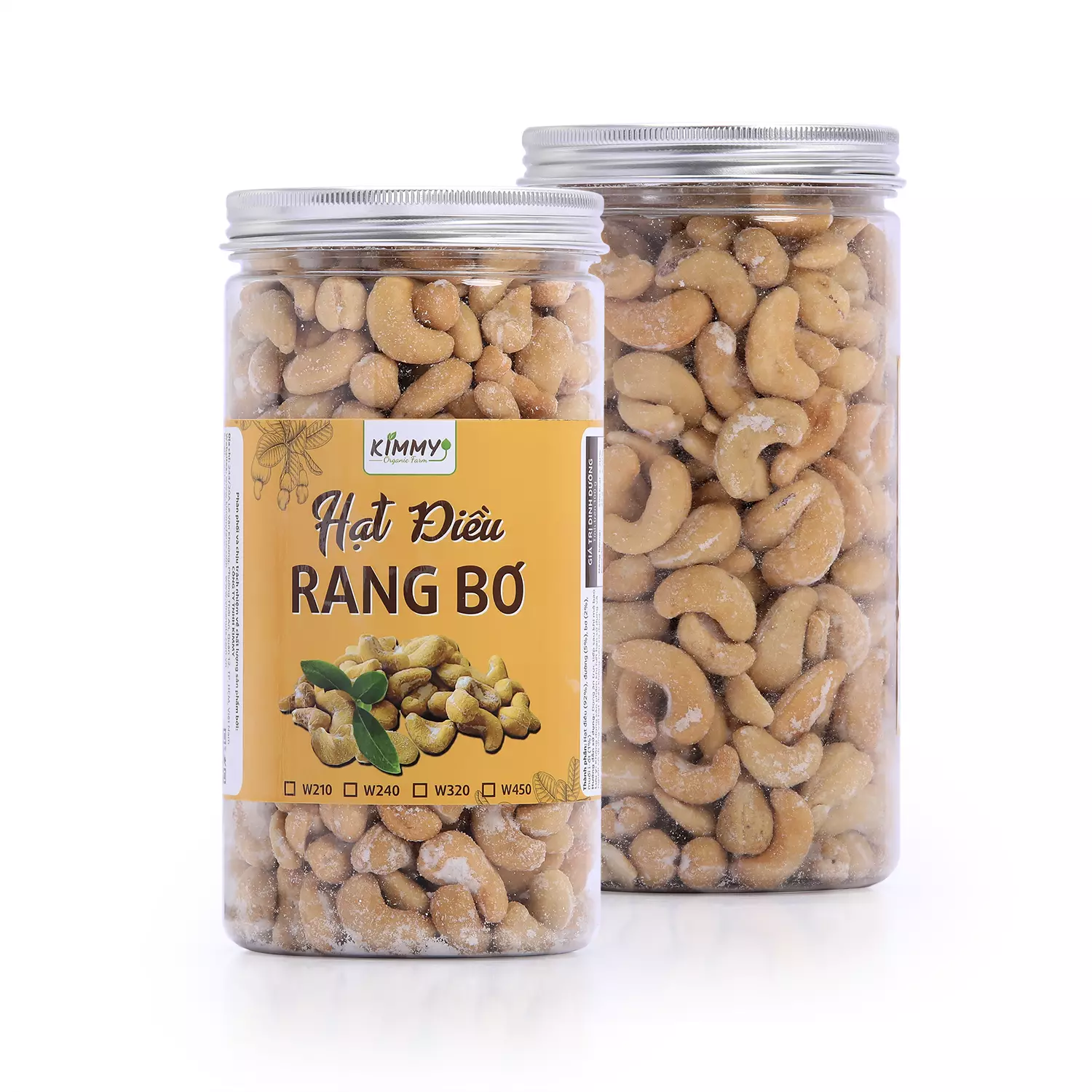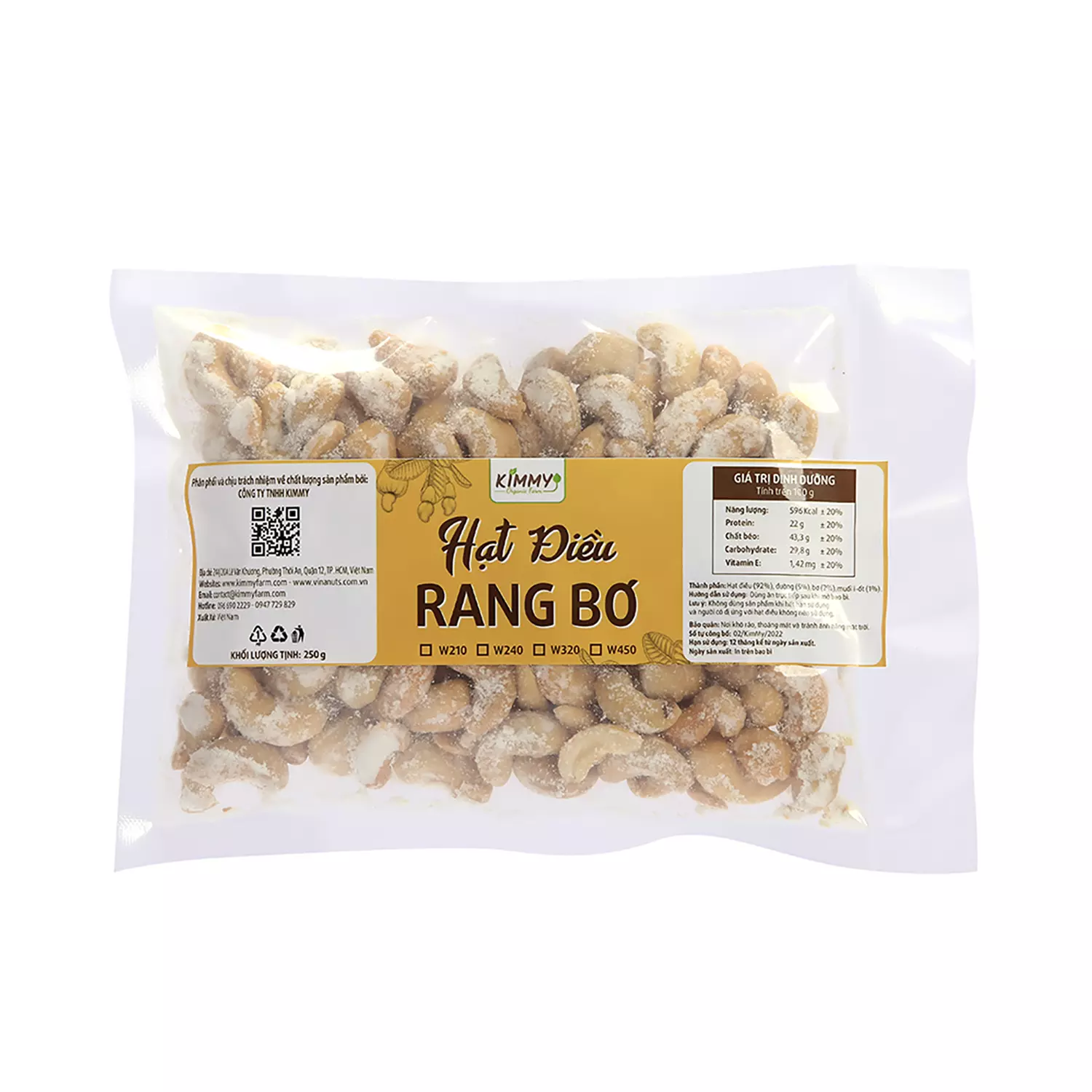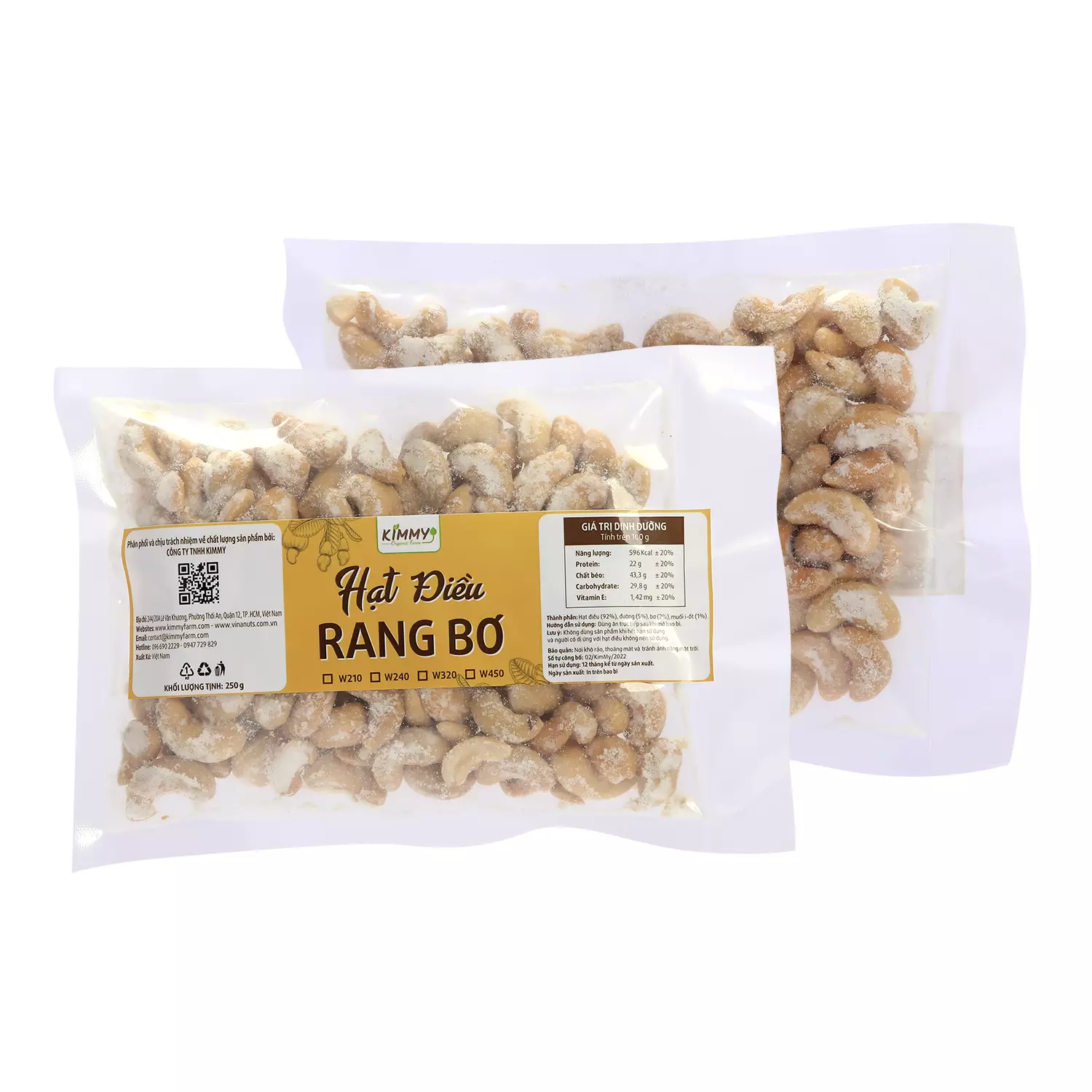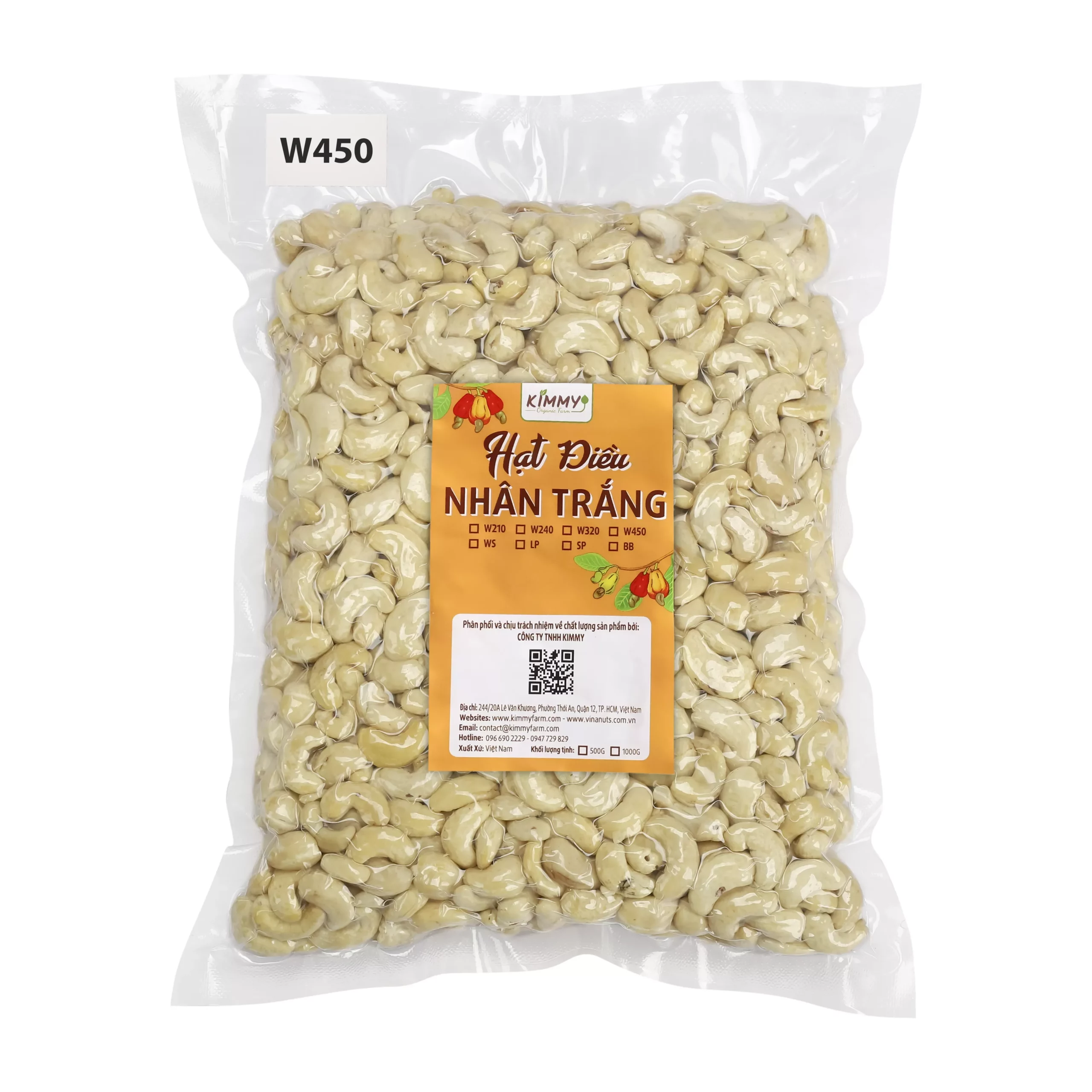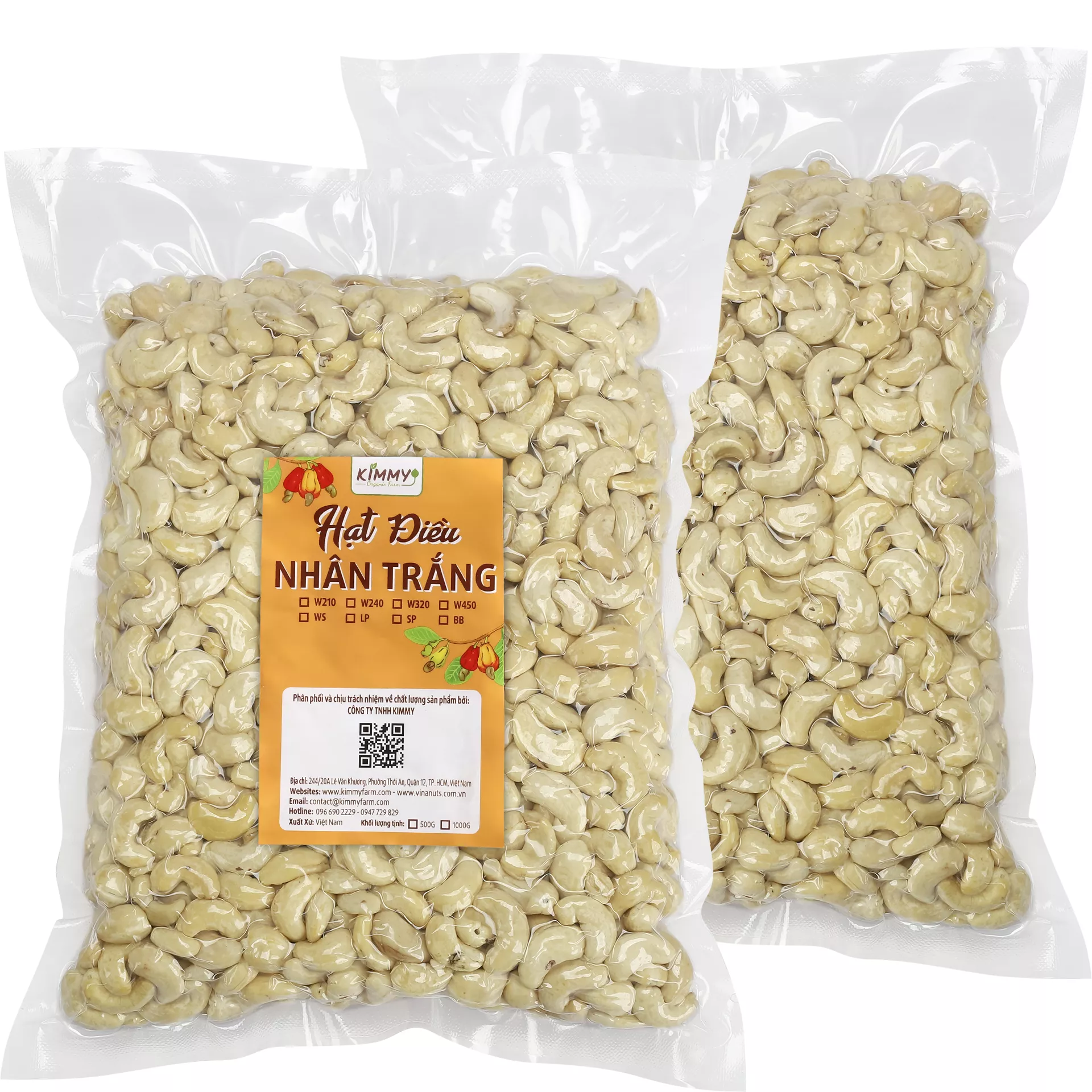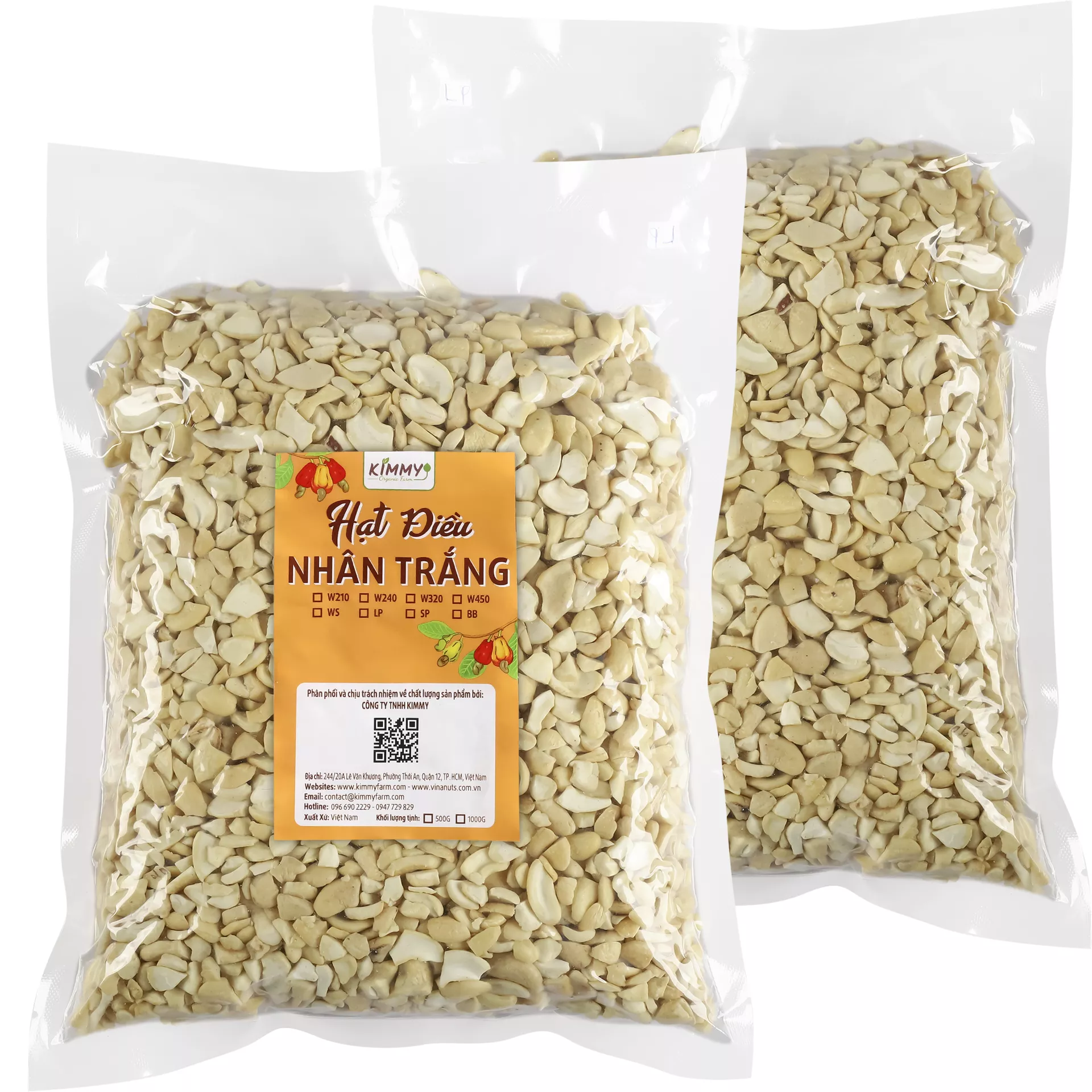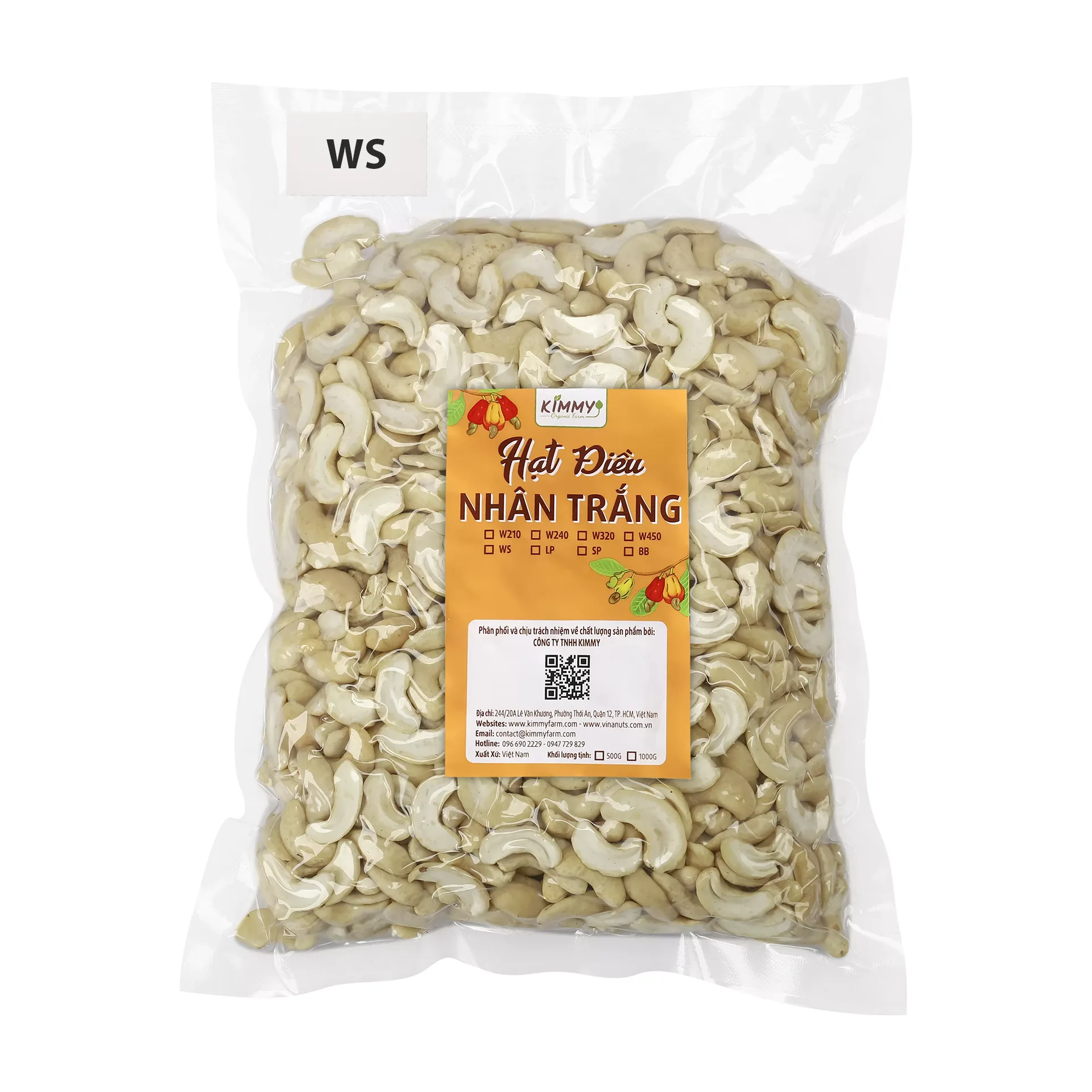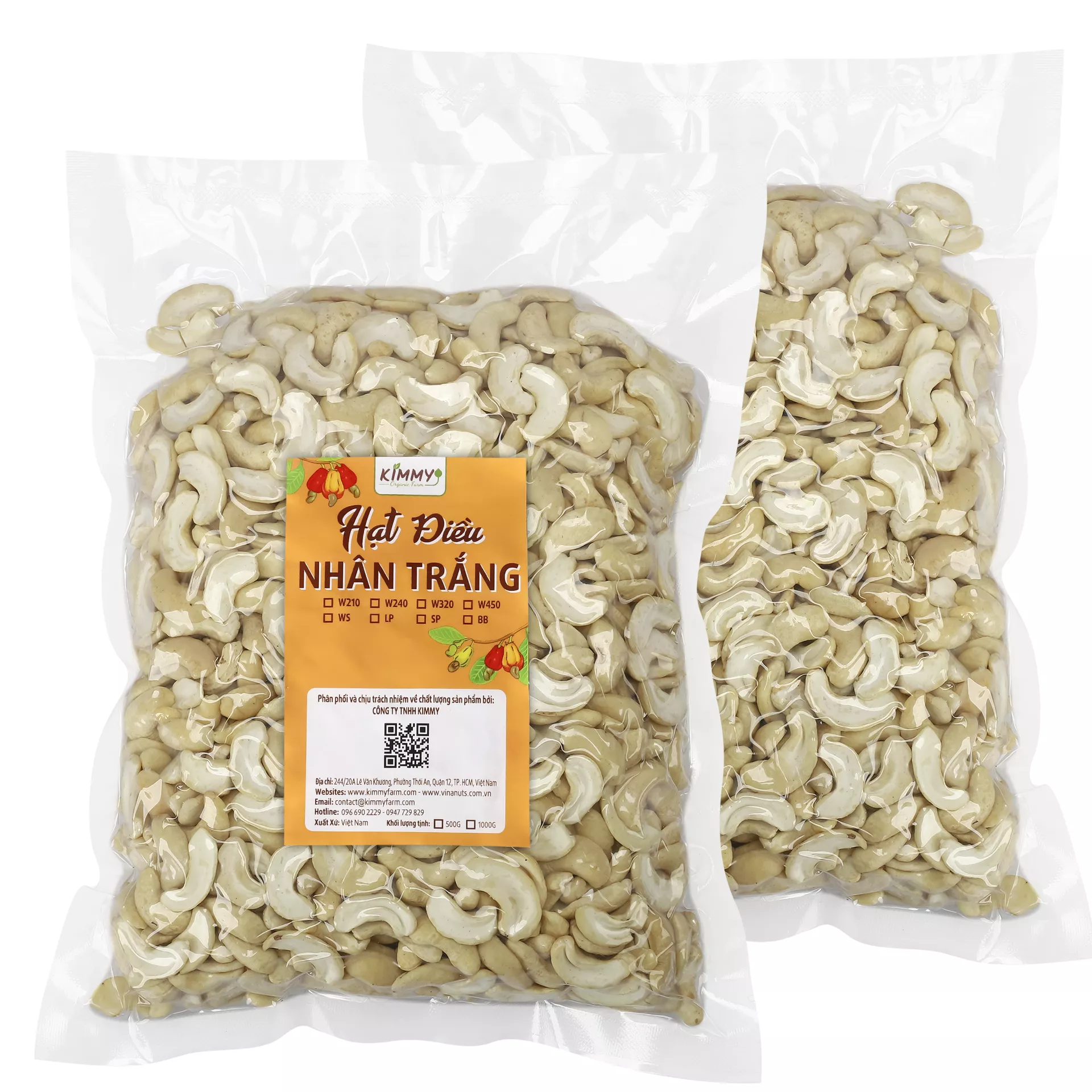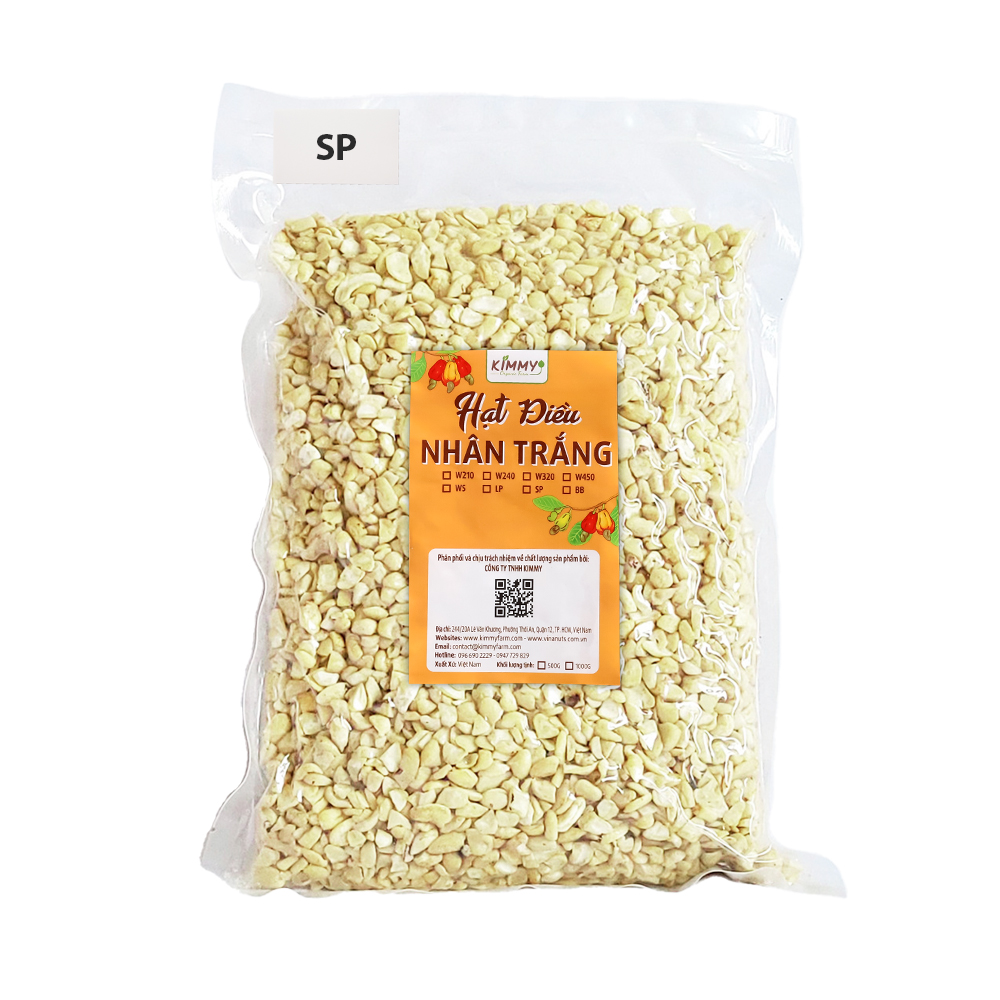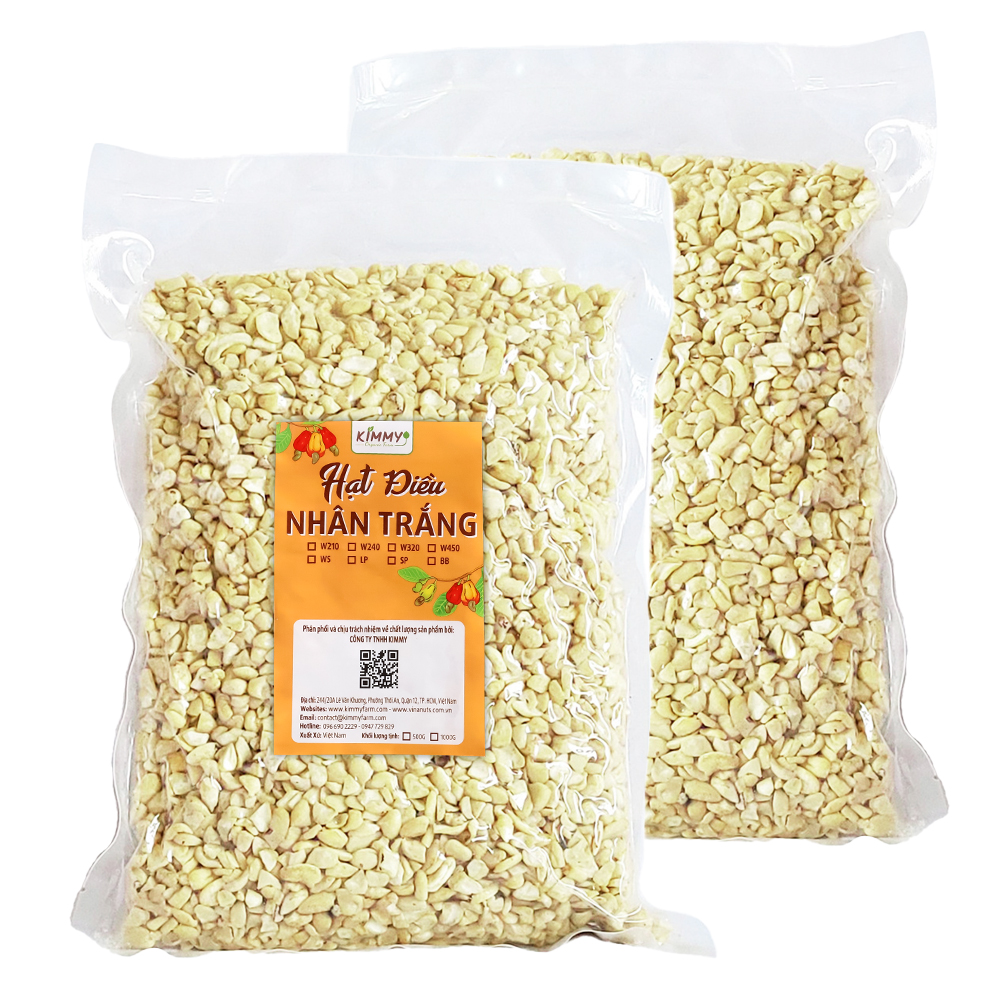Summer has arrived, and along with it, the challenge of dealing with body odor, especially the embarrassing issue of foot odor. The sweltering heat can make you uncomfortable and self-conscious. No one wants to be the source of unpleasant smells that make others shy away. Even common solutions like perfumes often fail to mask the odor and can make it worse. If you find yourself struggling with foot odor, fear not. By the end of this comprehensive guide, you’ll be equipped with all the knowledge you need to keep your feet smelling fresh and clean.
Causes of Smelly Feet
Understanding why our feet can sometimes produce an unpleasant odor is crucial. Each foot has up to 2,500 sweat glands, a remarkable number. As you can imagine, this profuse sweating, particularly in hot weather, creates a humid environment conducive to bacterial growth. Sweat doesn’t just evaporate; it also seeps into our shoes, providing the perfect breeding ground for bacteria and molds, resulting in the dreaded foot odor. Even if you can’t smell it yourself, rest assured, those around you can. Repeated occurrences may even lead to social discomfort and distance from others. Genetic factors also play a significant role, as some individuals have a tendency to sweat excessively, even in cool conditions and without shoes.
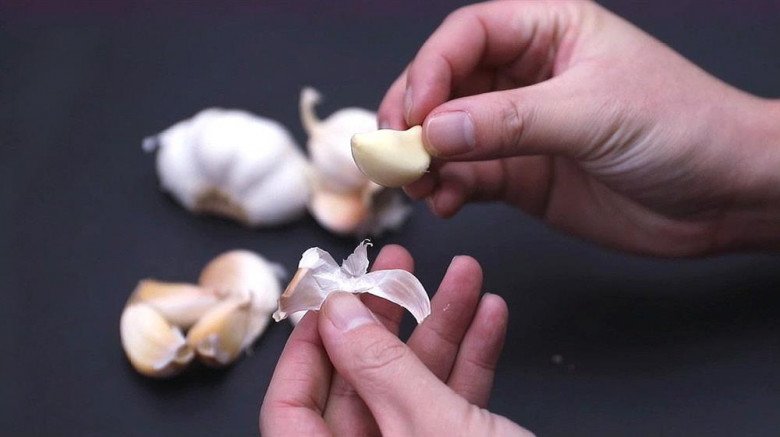
Tips to Treat Foot Odor with Garlic
So, how do you combat foot odor? Fortunately, there’s a simple and effective remedy at your disposal – garlic.
How to Treat Foot Odor with Garlic – Simple and Effective
Soak your feet with garlic
This method is astonishingly straightforward, yet its effectiveness will undoubtedly surprise you. All you need are three large, fresh garlic bulbs. Peel them, wash them, and then crush them. Boil a moderate amount of water until it reaches a boil, then add the crushed garlic and let it simmer for approximately 5-10 minutes. Turn off the stove, add a little cold water to bring down the water temperature, and then pour it into a bowl. Soak your feet directly in this solution. Using this method 2-3 times a week will yield immediate results.
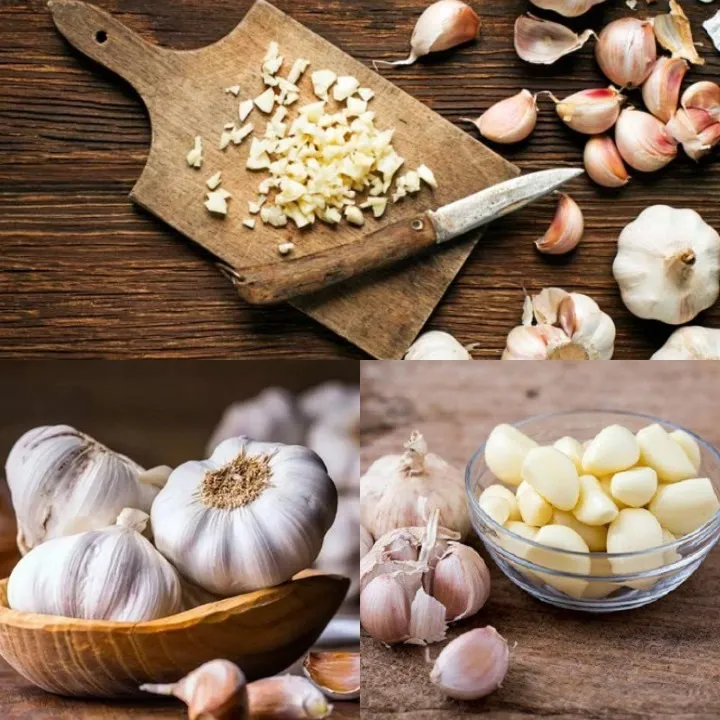
If preparing a foot bath sounds too cumbersome or you’re pressed for time, you can simply prepare a bowl of warm water, crush the garlic, mix it into the water, and soak your feet. The results will be similar to those achieved by boiling water for the foot bath. However, please note that this method should not be used if you have open wounds on your feet. Treat any open wounds first to avoid infection.
Apply pureed garlic to treat foot odor
In addition to the foot bath method, you can also create a garlic paste by blending garlic with a little water. Apply this paste for about 3-5 minutes and then rinse with water. However, if your skin is sensitive and reacts poorly to garlic, avoid using this method, as it can lead to garlic burns or rashes. While using garlic to soak your feet can effectively treat foot odor, excessive consumption of raw garlic may actually intensify the odor of your sweat.
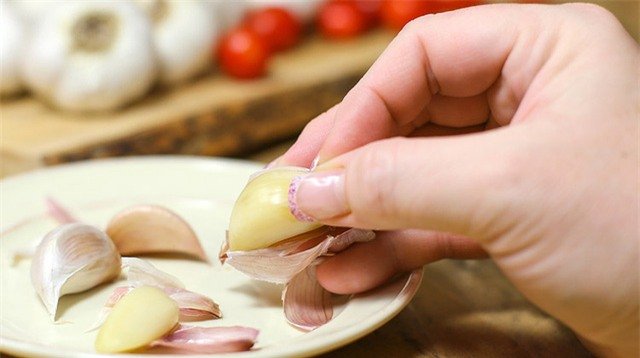
Notes During the Foot Odor Removal Process
As previously explained, foot odor is the result of a hot, humid environment that encourages the growth of odor-causing bacteria. To successfully treat foot odor, it’s crucial to maintain good hygiene:
- Regularly clean your shoes.
- Choose shoes made from breathable materials to keep your feet dry.
- Change your socks frequently.
- After washing your shoes and socks, allow them to dry in direct sunlight for a natural “disinfection.”
Daily foot cleaning is also essential in your battle against unpleasant foot odor. Remember to dry your feet thoroughly after washing. In summary, keeping your feet dry is key to mitigating foot odor.
Avoid foods that can make your body smell stronger, such as garlic, chili, raw onions, etc. Treating odor will be less effective if you continue to consume these foods.
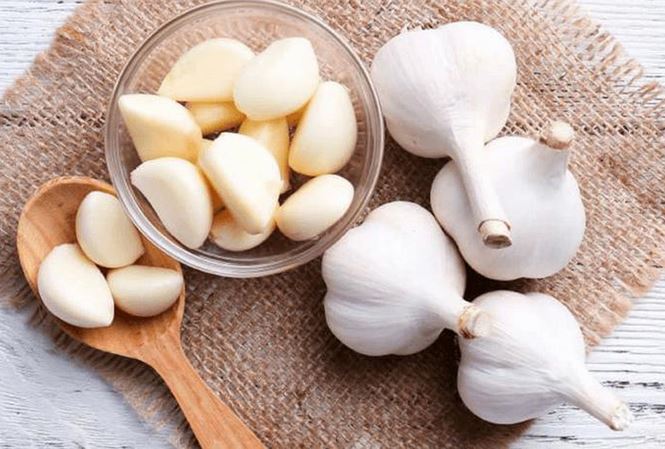

Chúng tôi là một thương hiệu chuyên sản xuất, thương mai và xuất khẩu các mặt hàng nông sản của Việt Nam. Chúng tôi có vùng trồng điều & nhà máy điều ở Bình Phước, trại nuôi ruồi lính đen ở Tây Ninh. Các mặt hàng xuất khẩu chính của Công ty là: hạt điều, hạt điều nhân, ruồi lính đen,… từ Việt Nam.


